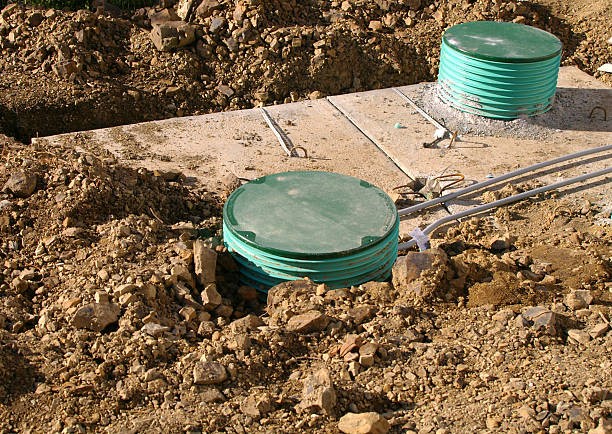Should I Convert My Septic System to Sewer?

There are regions where a septic system is an absolute necessity. If you have a septic system, you may be wondering when you can switch to a sewer system. Should your area get plumbing to connect to a local sewer line, these questions will help you decide if you should get on board.
Why Convert to a Sewer System?
A septic tank is a self-contained wastewater filtration and removal system. If you care for it properly, it can last for decades with only a tank flush every 1-3 years. However, a septic tank requires extremely careful consideration about anything that is flushed. If the drain field is damaged somehow, you may have to pay to have the septic tank moved to another part of your property. When there is a sewer line available, it may make sense to at least consider letting your city take over for wastewater removal from your home.
Is a Sewer Line Available on Your Street?
The biggest indicator of your ability to convert from a septic tank to a sewer system is the presence of a sewer line. If you live in a somewhat remote area, you might not have a choice but to have a septic tank. However, after several years, when the region is built up more, city planners lay down sewer lines in a broader range of streets. If a sewer line has been built on your street or very near your property, you may be able to hook into the sewer line to have your home’s plumbing connected to it.
Can You Obtain the Necessary Permits?
Before you start to connect your home to the city’s sewer system, you must make sure that you have the appropriate permits. Anytime you plan to dig into the ground, especially if the digging involves space that is off your property, you must contact the relevant authorities. Ask telecommunications and utility services to come to your home and mark the location of underground pipelines. This way, you do not cut into one accidentally and disrupt service for the entire neighborhood. Ask your Sacramento plumbing expert which kinds of pipes are required to be installed to hook up your home to the city’s line.
Do You Have the Money to Pay the Hookup Costs?
Connecting to a sewer line is expensive. Think about it this way: It could cost tens or hundreds of thousands of dollars in labor, equipment and materials for a city to lay a sewer line in a neighborhood. In order to share in the system, you must pay a portion. Hook-up fees may cost several thousand dollars. After the initial connection, you will be expected to pay a monthly fee for the service.
Converting from a septic tank to a sewer system may seem like a no-brainer, but there are a lot of steps involved. With the answer to these questions, you can determine if you are prepared to make the change. For expert advice on your home’s plumbing concerns, contact Ace Plumbing and Heating.



